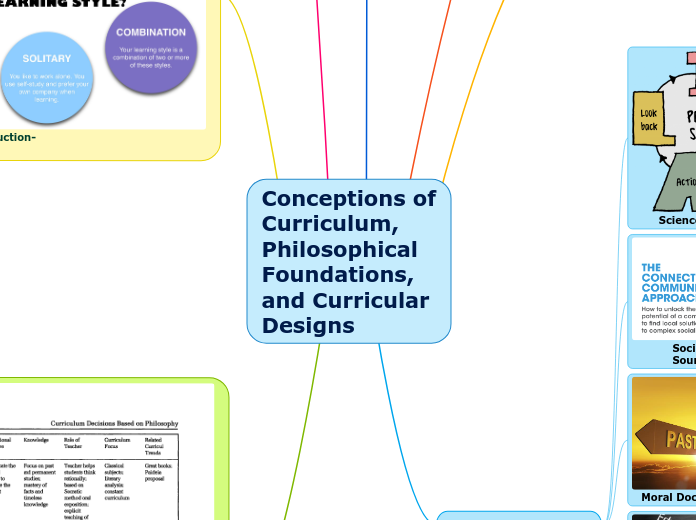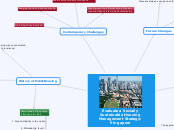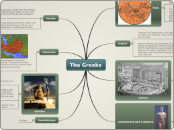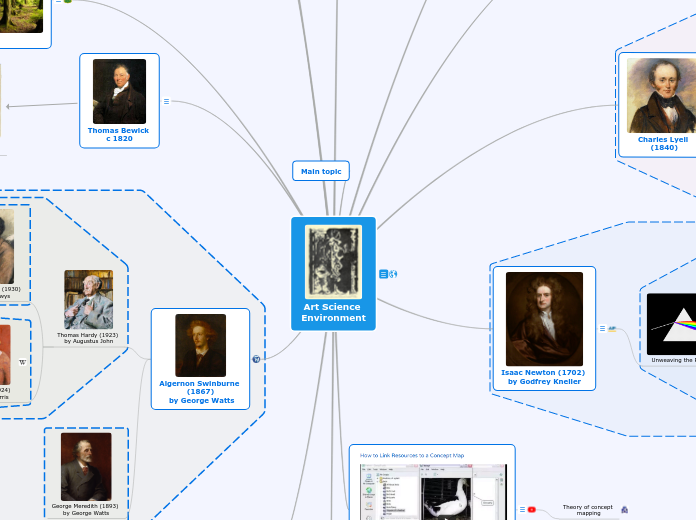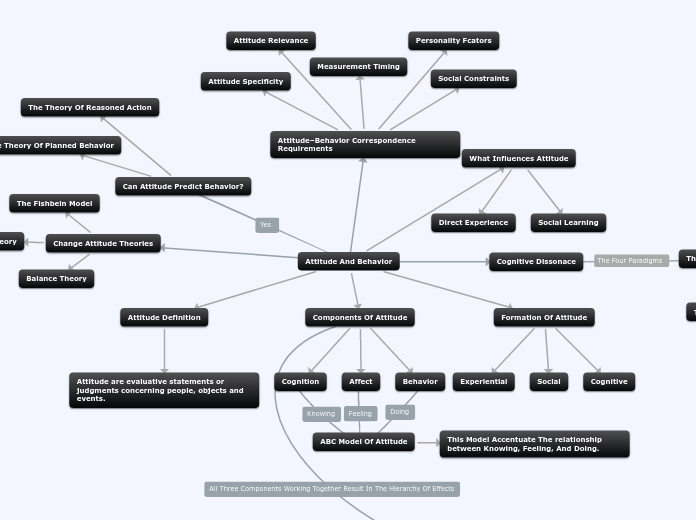av Lauren Waite 4 år siden
710
Conceptions of Curriculum, Philosophical Foundations, and Curricular Designs
Designing a curriculum necessitates a clear understanding of its educational purpose and meaning. It integrates various sources such as society, learners, knowledge, science, and moral doctrines, establishing a multifaceted approach.
